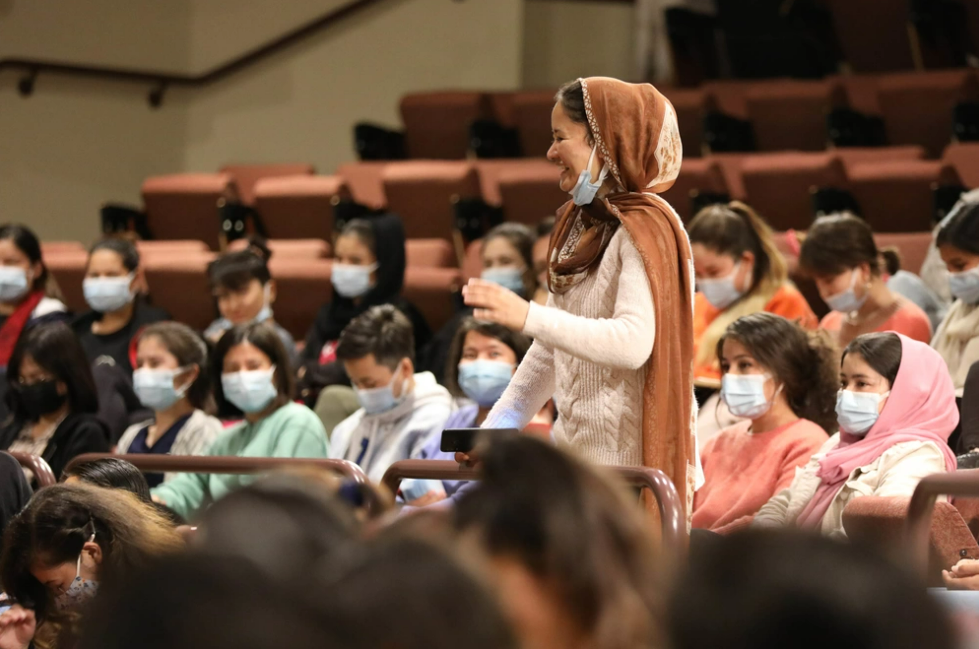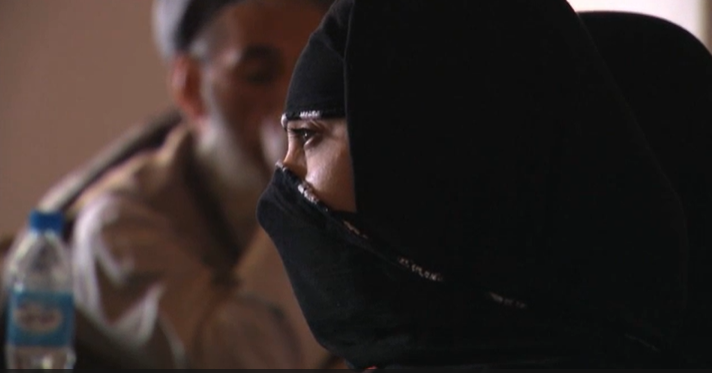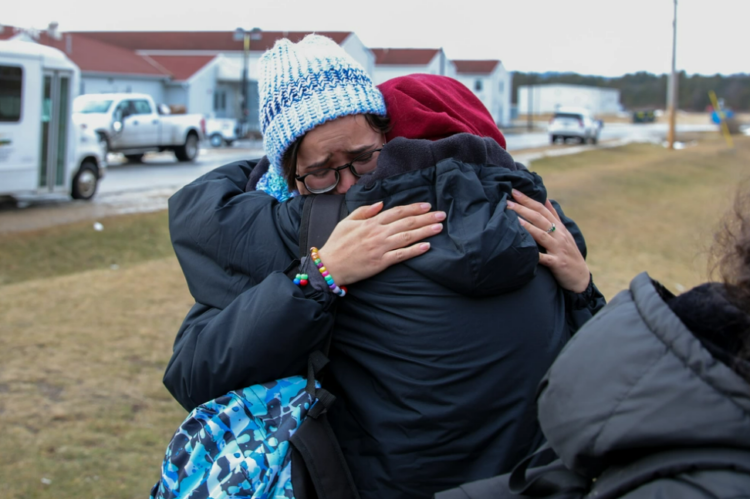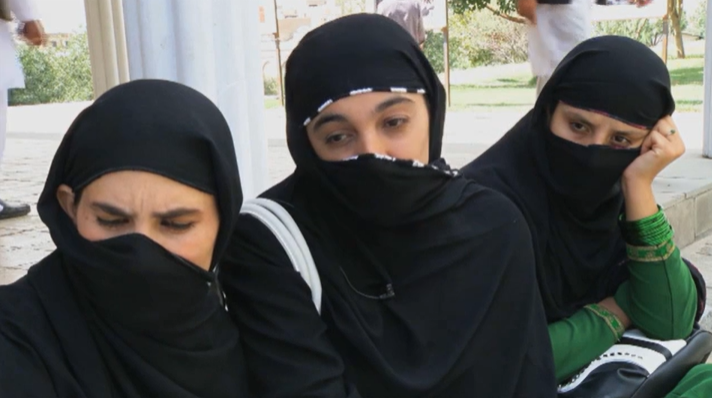Donor withdrawal, observers say, would be particularly detrimental for female workers across the conservative nation who are essential for implementing programs throughout the region.
A Worsening Situation In Afghanistan

In December 2022, Taliban authorities declared that most female NGO workers in Afghanistan would be prohibited from working. This restriction on essential aid has pushed UN humanitarian efforts to an alarming brink, with a huge funding plan for 2023 only being 5% funded. If additional resources are not secured quickly and efficiently, millions within the nation will face severe famine-related illnesses and fatalities as early as this year.
For his part, UN special rapporteur on human rights in Afghanistan Richard Bennet covered developments on human rights in Afghanistan from July to December 2022.
In his submitted February 2023 report to the UN, Bennet narrated gross human rights violations in Afghan women’s situation.
“The systematic violation of the human rights of women and girls has deepened even further, and fundamental freedoms, including the rights of peaceful assembly and association, expression and the rights to life and protection against ill-treatment have increasingly been flouted. The authorities have instituted hudud ( death penalty, stoning and lashing for adultery and fornication, theft, drinking alcohol, slander, and defamation, among others) and qisas (retribution in kind), punishments, measures indicative of a revival of the policies of the 1990s.”
Benett also expressed deep concern, saying that “increasingly, the Taliban is ruling Afghanistan through fear and repressive policies aimed at suppressing communities, particularly women. Inclusiveness is negligible; there is little tolerance for difference and none for dissent.”
An Unparalleled Violation Of Human Rights
In a CNN report, several restrictions against female UN personnel were already in place since 2021, when the militant group seized power in Afghanistan.
Reacting to this unprecedented violation of human rights, Ramiz Alakbarov – UN Deputy Special Representative, and Resident Humanitarian Coordinator for Afghanistan, emphasized that “the lives of women (in the country) are at stake,” Alakbarov expressed dismay at the recent decision of the Taliban, calling it an “unparalleled violation of human rights.” He added that “it is not possible to reach women without women.”
Roza Otunbayeva, the UN Secretary-General’s Special Representative for Afghanistan, is engaging with Taliban officials to “seek an immediate reversal of the order,” assuring safety protocols during operations if accepted.
“In the history of the United Nations, no other regime has tried to ban women from working for the Organization just because they are women. This decision represents an assault against women, the fundamental principles of the UN, and on international law.”
Utterly Despicable

Condemnation was widespread after the Taliban banned female aid workers in December, leading to at least six major foreign organizations suspending their operations and depriving Afghanistan of scarce resources. This takeover has further deepened an existing humanitarian crisis, with US allies freezing roughly $7 billion in Afghan reserves while cutting off international funding. Consequently, this will severely impact a nation that relies heavily on outside help for survival.
UN High Commissioner reports the move for Human Rights Volker Turk as “utterly despicable.”
“This is the latest in a series of steps taken that have eroded the rights and freedom of Afghan women and girls – including a ban on girls attending school above the sixth grade, ban on university education for women and girls, restrictions on women’s freedom of movement in public spaces, orders regarding women’s clothing, banning women from working in the administration and commercial enterprises, and banning their employment in NGOs.”
“It also comes at a time when 28.3 million people in Afghanistan are in desperate need of humanitarian assistance. Instead of working together to support the most vulnerable, such measures could drive the people of Afghanistan into further despair.”
Turk further slammed the Taliban decree against Afghan women, saying it is a “systematic, relentless assault on the people of Afghanistan as a whole by the Taliban de facto authorities, which appear to be actively working to incapacitate, intimidate and harass half of the population.”
“The Taliban leadership must rethink these deplorable policies against women for the sake of the people of Afghanistan and for the future of the country,” the UN Commissioner stressed.











COMMENTS